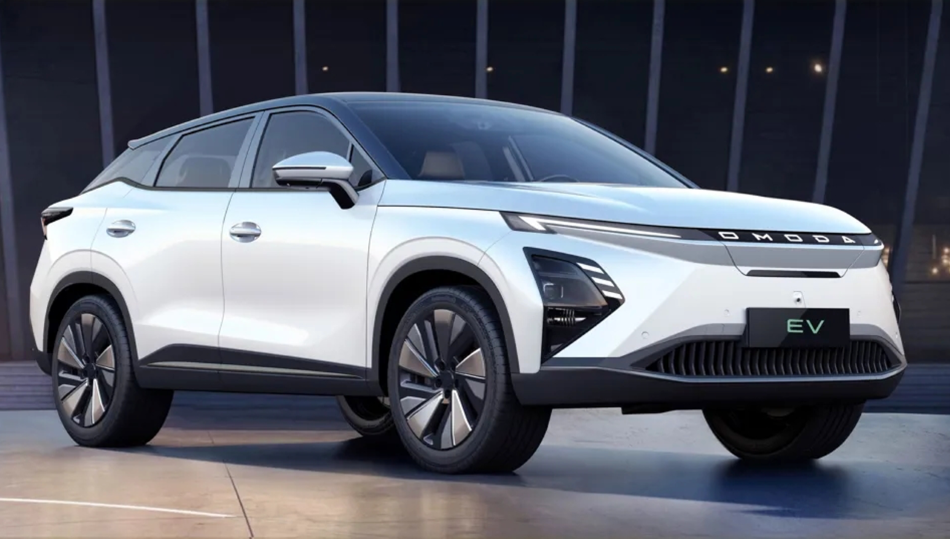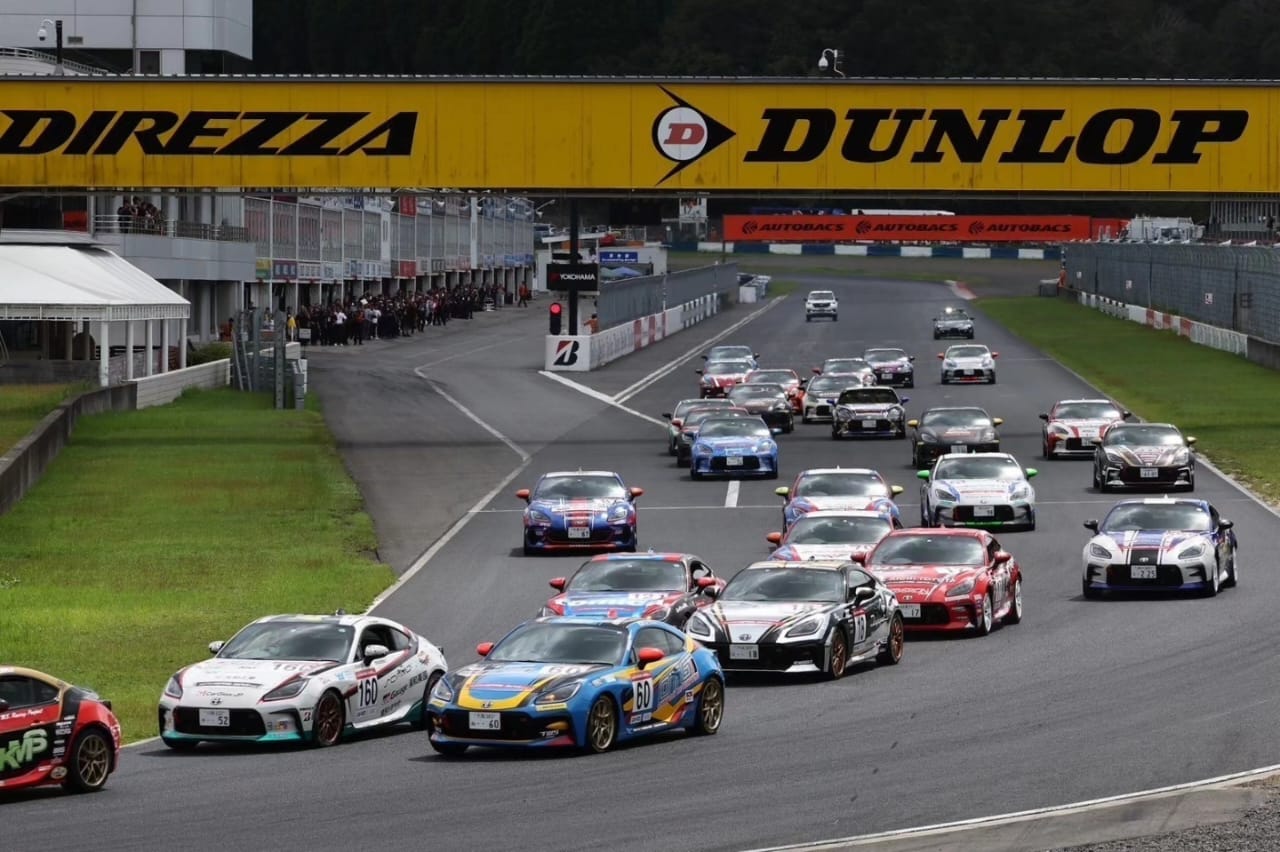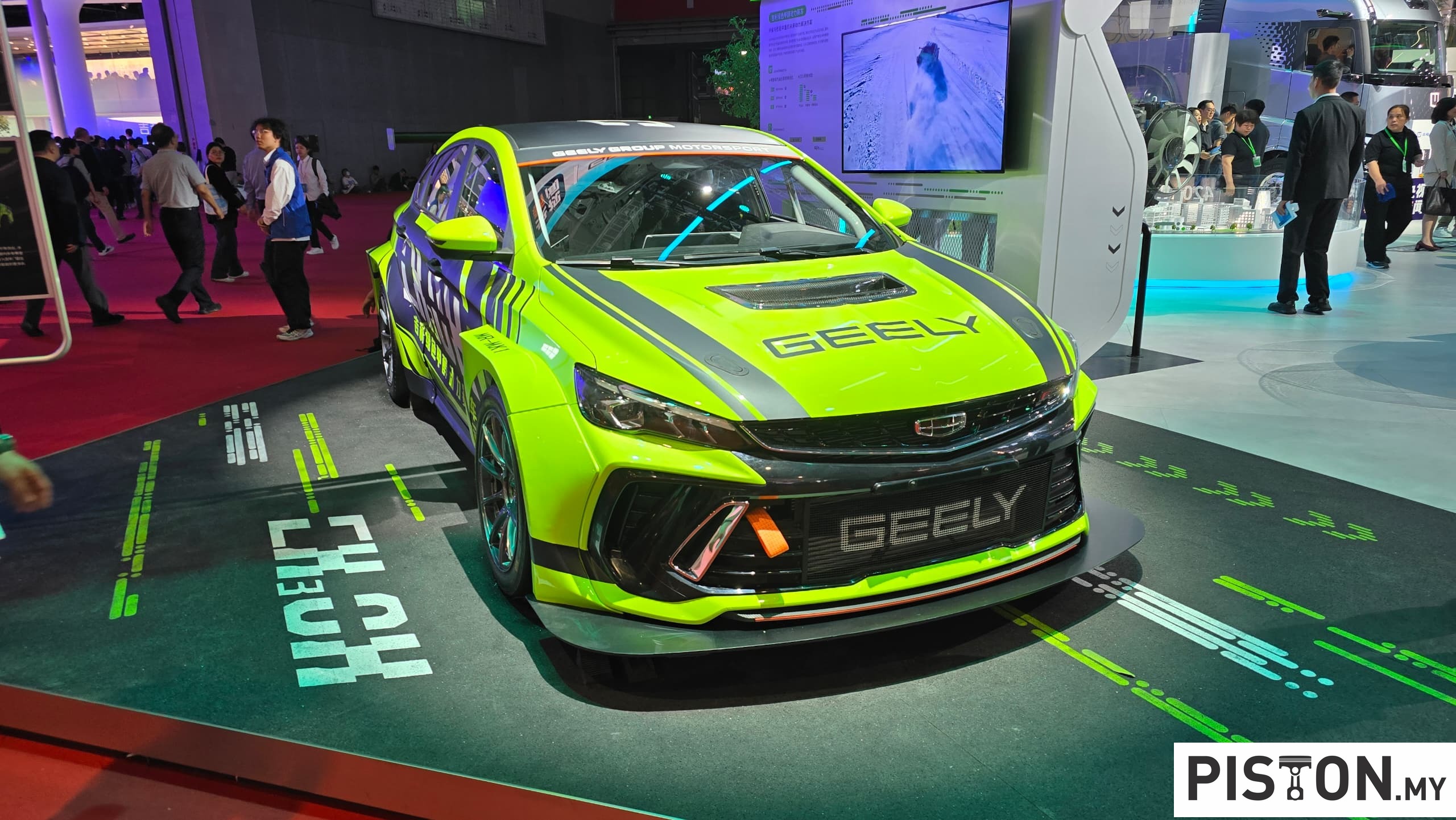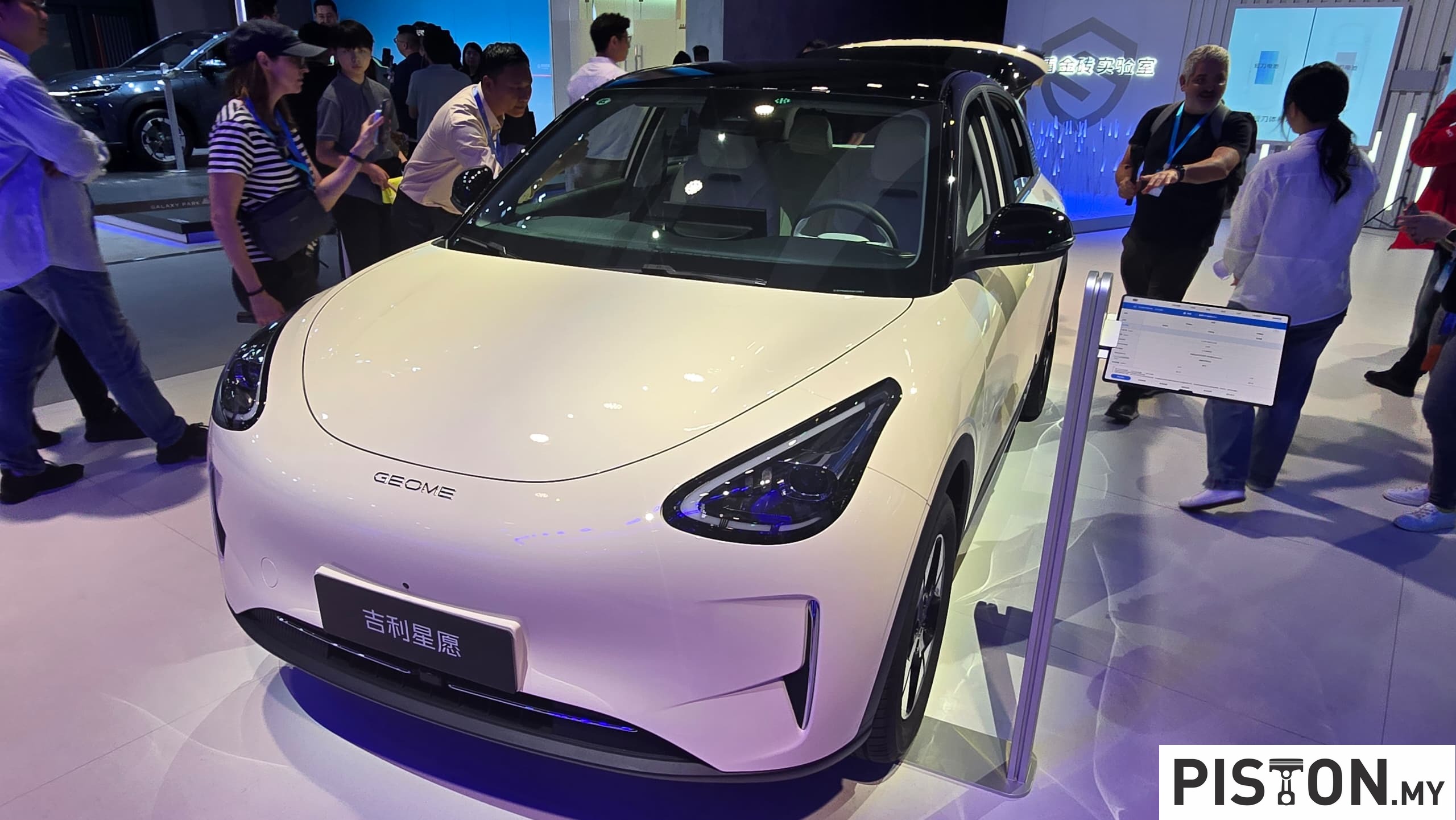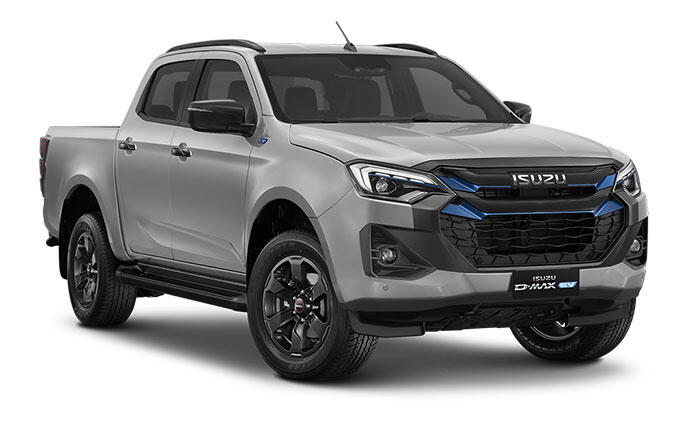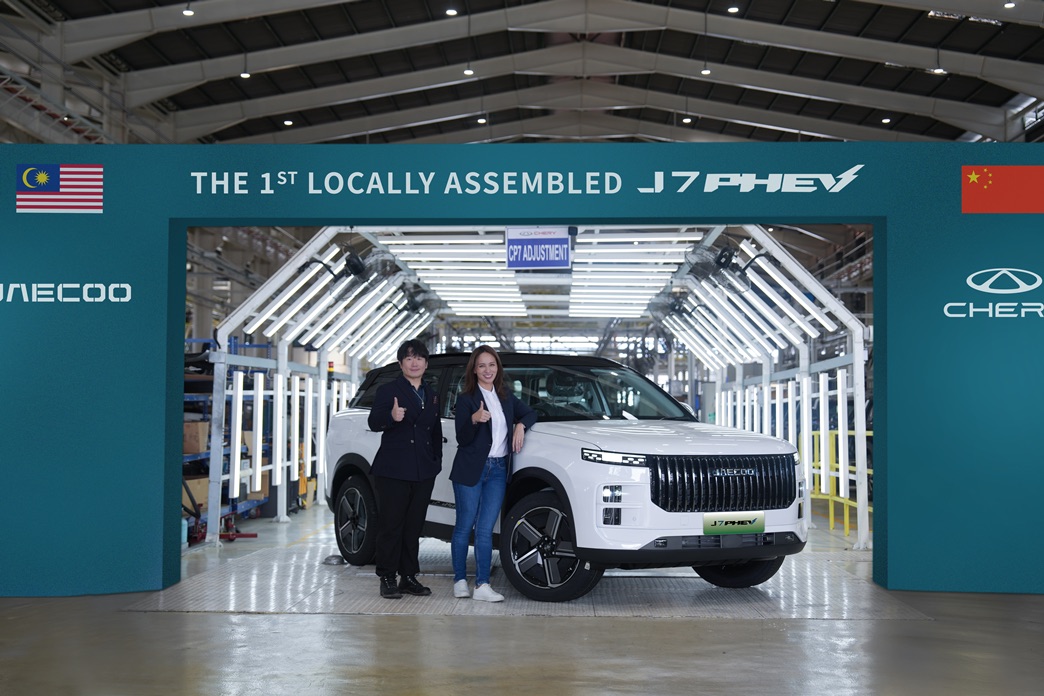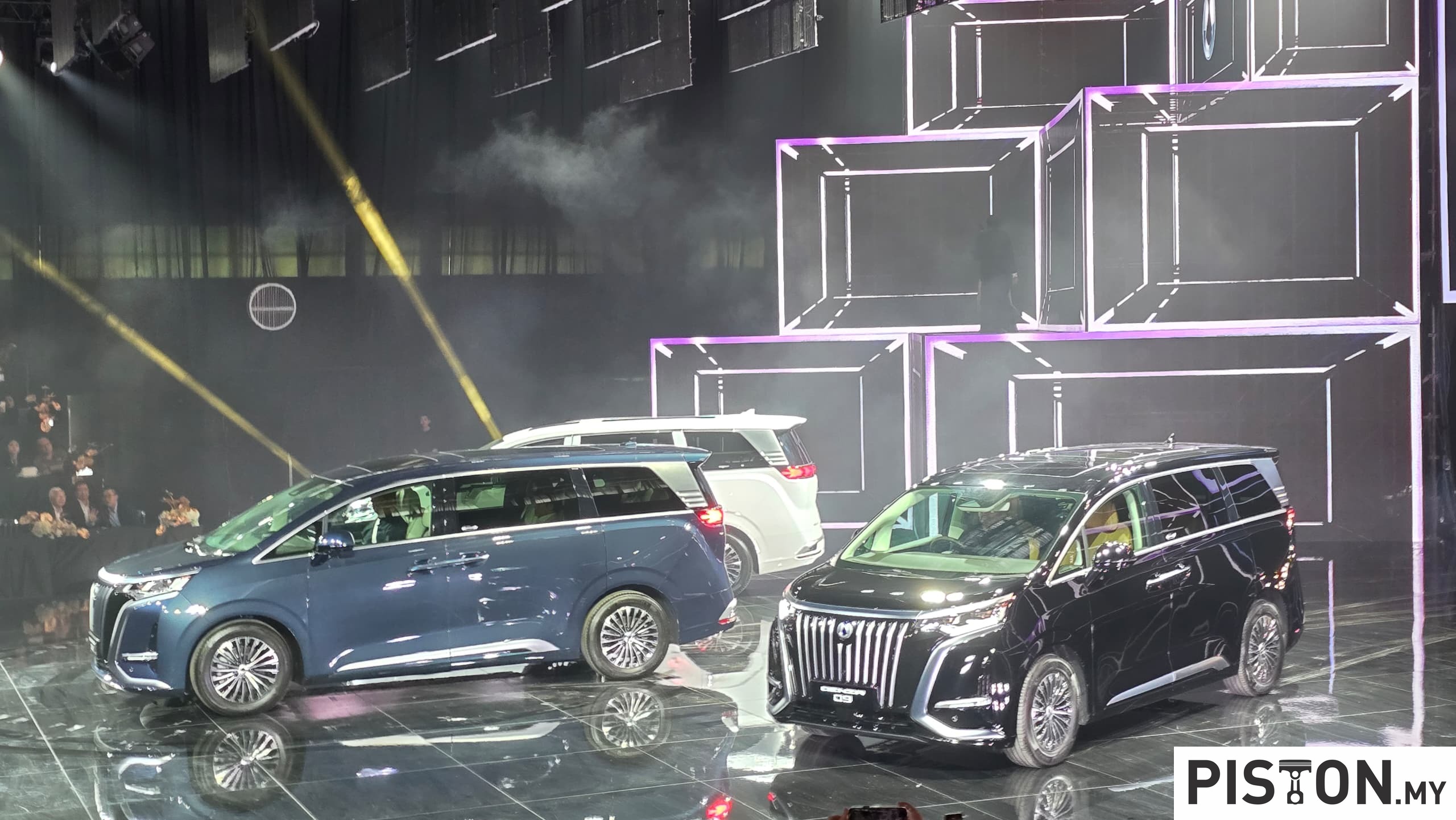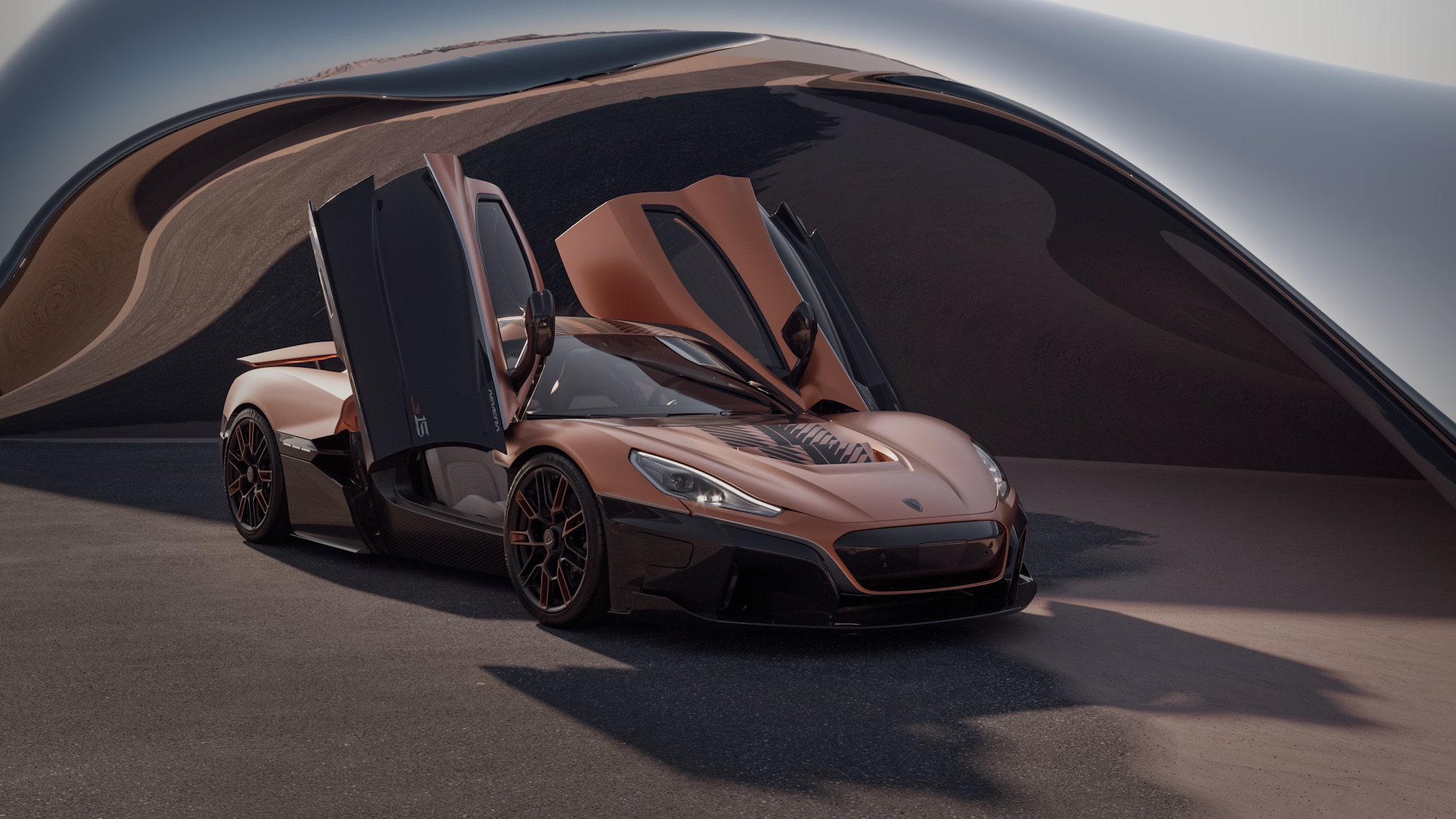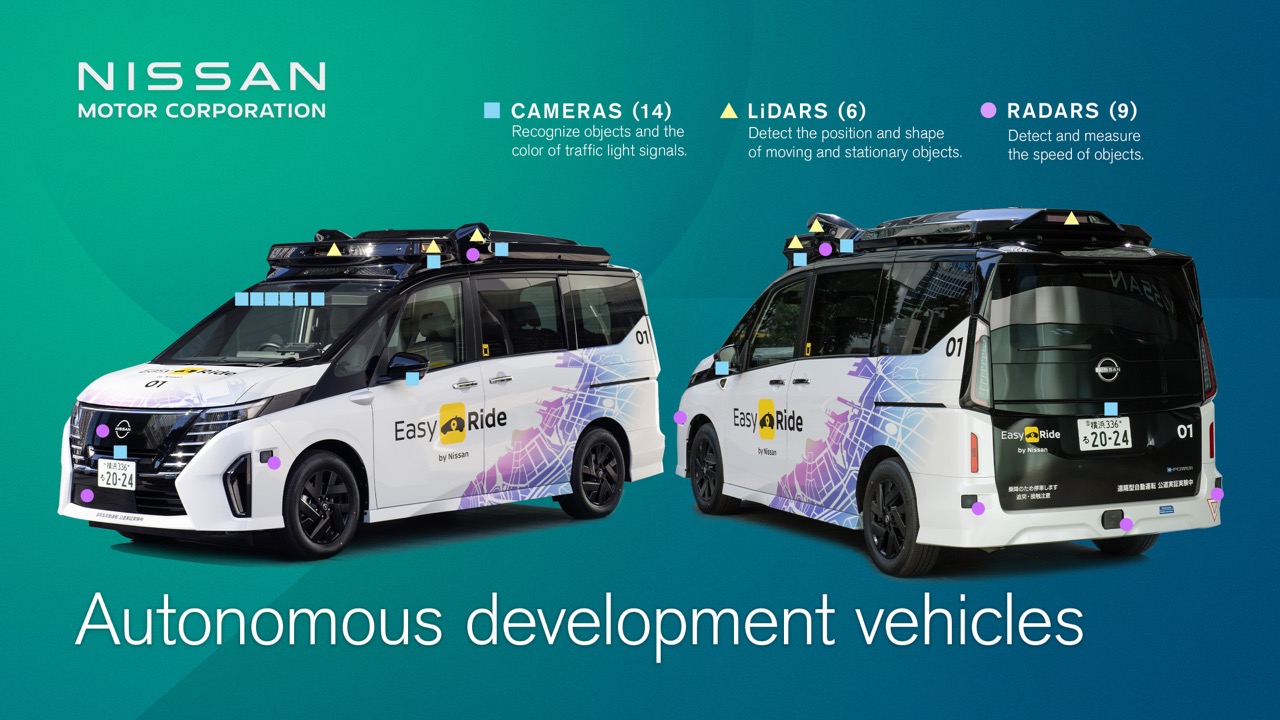Chinese automaker Chery has announced significant progress in its development of solid-state batteries, aiming to introduce them in EVs by 2026. These advancements were revealed during the Chery Global Innovation Conference, where the company shared details about the ongoing development of its high-density solid-state battery prototypes, which currently achieve 400 Wh/kg energy density. By 2025, Chery plans to boost this to 600 Wh/kg, enabling EVs to achieve up to 1,500 km of range on a single charge.
Key Developments:
- Solid-State Batteries: Chery is targeting large-scale production of these batteries starting in 2027, with their installation in vehicles beginning the year before. These batteries are expected to provide substantial gains in energy efficiency and vehicle range, marking a major leap in EV technology.
- Industry Context: Although solid-state batteries are widely anticipated as a breakthrough for electric vehicles, no EVs with fully solid-state batteries have hit the market yet. However, semi-solid-state battery technology has already made its debut in models like the Nio ET7 and IM L6.
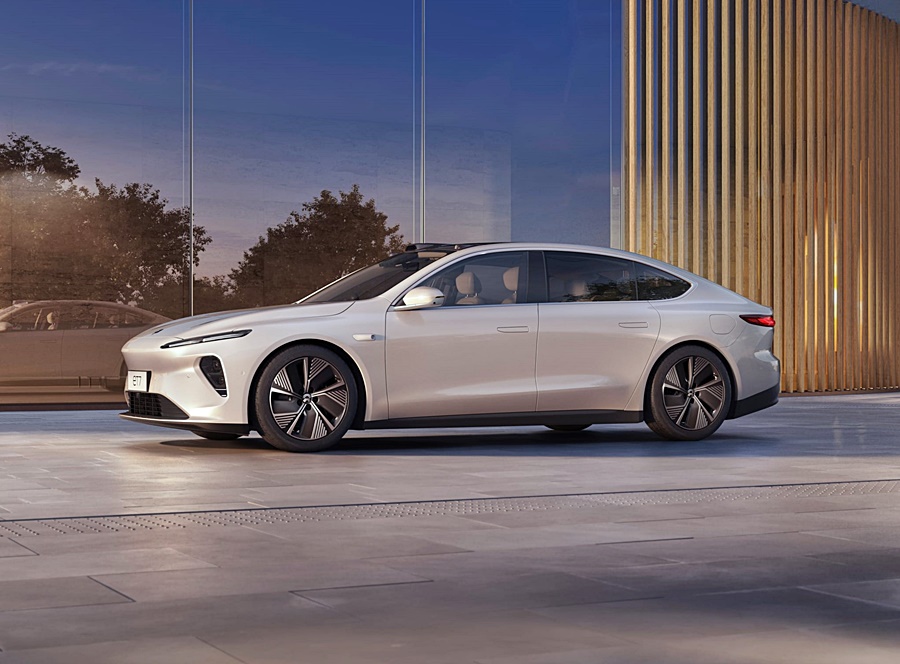
Additional Battery Innovations:
- Fast-Charging Batteries: Chery has also developed a range of new lithium-iron phosphate and ternary batteries capable of adding 400 km of range in just 5 minutes of charging, signaling a significant improvement in charging efficiency.
- Battery Types:
- Square Lithium-Iron Phosphate: Designed for vehicles with ranges between 200–600 km and plug-in hybrid electric vehicles (PHEVs) and extended-range electric vehicles (EREVs) with 100–200 km of electric range.
- Square Ternary Batteries: Aimed at EVs offering 600–800 km of range and PHEVs/EREVs with ranges from 150–300 km.
- Cylindrical Cells: Developed for EVs with 700–1,200 km of range and PHEVs/EREVs offering 150–300 km of range.
Chery’s efforts reflect its ambitions to lead in EV technology by developing more energy-efficient and fast-charging batteries, which could significantly enhance the performance and practicality of future electric vehicles.




